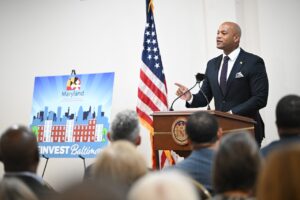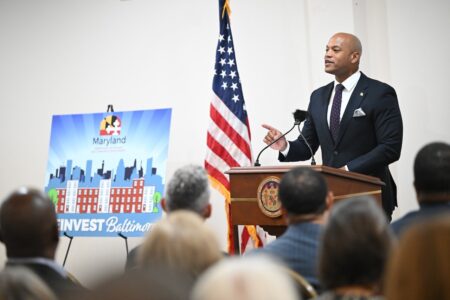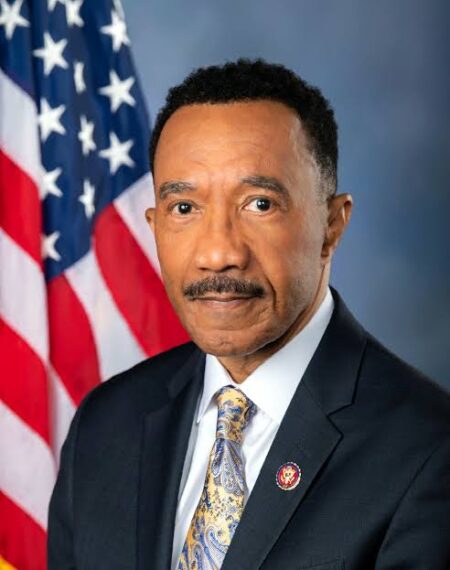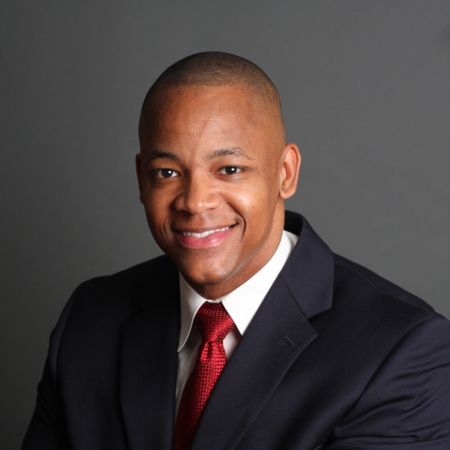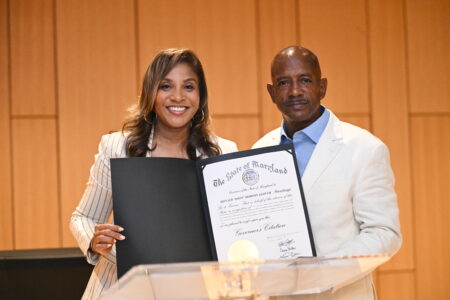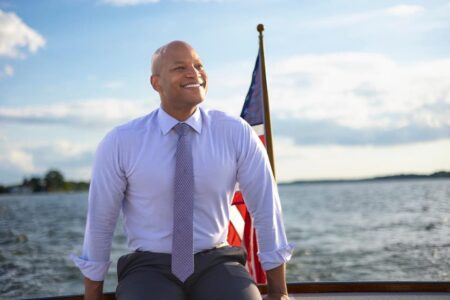BALTIMORE (April 11, 2024)—The Goucher College Poll was conducted from April 3 to 7, 2024. It surveyed 705 Baltimore City registered voters (MOE=+/-3.7%). Voters were asked about their opinions on key officials, entities, and issues in Baltimore City; their opinions on the direction of and their optimism toward Baltimore City; their perceptions of the crime rate and causes of crime; and the impact of the Francis Scott Key Bridge collapse and how public officials handled it.
The 440 registered Democrats identified as likely primary voters (MOE=+/-4.7%) were asked questions about the upcoming Democratic primary race for Baltimore City mayor.
The poll was funded and co-sponsored by the Sarah T. Hughes Center for Politics at Goucher College and The Baltimore Banner. See the results by demographics.
About the Goucher College Poll
The Goucher College Poll is conducted under the auspices of the Sarah T. Hughes Center for Politics at Goucher College. The center is directed by Dr. Mileah Kromer, associate professor of political science.
The Sarah T. Hughes Center for Politics endowment and partnerships with trusted media organizations fund the Goucher College Poll. The Hughes Center seeks to improve public discourse in Maryland by providing neutral, unbiased, and independent information on resident perceptions and opinions. The data collected by the poll are used to support faculty and student research.
The Sarah T. Hughes Center for Politics is a member of the Association of Academic Survey Research Organizations and the American Association for Public Opinion Research Transparency Initiative.
For more information or to view archived polls, please visit www.goucher.edu/poll.
Survey Methodology
The poll is conducted using listed voter sample of landline and cellular telephone numbers. Braun Research collected the data, and Aristotle supplied the sample of telephone numbers. The survey was conducted April 3 to 7, 2024. During this time, interviews were conducted from 1 to 8 p.m. Interviewers attempted to reach respondents with working phone numbers a maximum of five times. Only Baltimore City registered voters aged 18 years or older were eligible to participate.
Interviews were not conducted with adults reached at business or work numbers.
Eighty-three percent of the interviews were completed on a cell phone and 17 percent were conducted on a landline.
Fifty-three percent of the cell phone interviews were conducted via text-to-web. Interviews for this survey were completed with 705 adults identified as Baltimore City registered voters. For a sample size of 705, there is a 95 percent probability the survey results have a +/-3.7 percentage point sampling error from the actual population distribution for any given survey question. Margins of error are higher for subsamples. For the sample of 440 Maryland Democratic voters identified as likely voters, there is a 95 percent probability the survey results have a +/-4.7 percentage point sampling error from the actual population distribution for any given survey question.
In addition to sampling error, all surveys are subject to sources of non-sampling error, including question wording effects, question order effects, and non-response bias. The margin of error is not adjusted for design effects. Data is weighted by gender, age, race, and educational attainment to represent adult voter population targets established by the most recent five-year average American Community Survey (ACS) estimates and the U.S. Census and Aristotle voter estimates.
Survey Question Design
The Goucher College Poll provides the questions as worded and the order in which they are administered to respondents.
BRACKETED ITEMS [ ]: Items and statements in brackets are rotated to ensure respondents do not receive a set order of response options. This maintains question construction integrity by avoiding respondent agreement based on question composition.
Example: [agree or disagree] or [disagree or agree]
PROBE: Some questions contain a “probe” maneuver to determine a respondent’s intensity of opinion/perspective. Probe techniques are used in this questionnaire to ask respondents if their responses are more intense than initially provided.
Example: Do you have a [favorable or unfavorable] opinion of President Joe Biden?
PROBE: Would you say very favorable/unfavorable?
OPEN-ENDED: No response options are provided for an open-ended question, i.e., it is entirely up to the respondent to provide the response information. Any response options provided to the interviewer are not read to the respondent; they are only used to help reduce interviewer error and time in coding the response.
VOLUNTEER (v): Volunteer responses mean the interviewer did not offer that response option in the question as read to the interviewer. Interviewers are instructed not to offer “don’t know” or “refused” or “some other opinion” to the respondent, but the respondent is free to volunteer that information for the interviewer to record.

